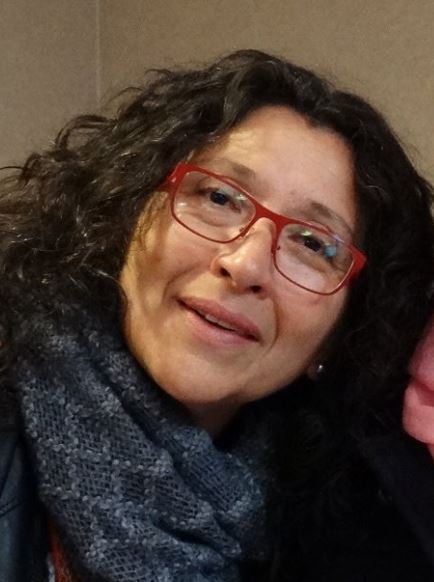- Tags (4)
Opposing forces at work on abortion rights around the world
 Grand Warszawski - PSI/Shutterstock.com
Grand Warszawski - PSI/Shutterstock.comPolitical events around the world at the end of 2020 and the beginning of 2021 have shown a correlation of diverse forces within which the feminist movement continues to assert itself despite adverse moments and setbacks.

Verónica Montúfar
In Latin America, at the end of the year, we saw how feminism(s) in Argentina became the driving force behind the discussion and final decision to legalise abortion, after several years of back and forth. Its action on the streets and within the elaboration of the legal content, makes the new law a milestone in the human rights approach with the introduction of the concept of "conscientious objection" for health personnel who wish to abstain. This element poses a fundamental challenge to the construction of public policy, on the affirmative respect for the "conscience" of citizens; as well as to the organisation of public health care services and in the field of social welfare. Its materialization will imply a new management of public services and labour relationships.
The Chilean Congress started 2021 with a discussion on a project to decriminalise abortion within the first 14 weeks, initially presented in 2018. There has been a resurgence of the Chilean feminist movement at important moments in the last period, such as during the latest protests. "Abortion yes, abortion no, that's for me to decide," was one of the slogans that marked the new legislative scene.
However, other winds are blowing through Honduras when a constitutional amendment was presented to Congress on 11 January. This country is one of the few in the world where abortion is completely prohibited, and the amendment proposes a new clause as part of the current constitutional reform. It aims to ensure that any attempt to decriminalize abortion now and in the future is "impossible". The feminist response has been articulated at the international level, to bring political pressure to bear, but without direct national action and mobilisation the trend will be more difficult to stop.
In Eastern Europe, in the last months of 2020, Poland experienced one of the largest mobilizations in times of pandemic putting the government in the difficult situation of delaying the publication in the Official State Bulletin of the Constitutional Court's sentence of October 22nd, which restricts abortion to the maximum. As a result, the ruling has not been implemented so far. The Polish women's movement has a history around the women's strike and has been an important actor in driving the global movement that started to change the history of 8 March as a symbolic date of fighting patriarchy.
In this way we see how women's sexual and reproductive rights are at the heart of the global debate and central to the discussion on public services and their role in transforming unequal gender relations.